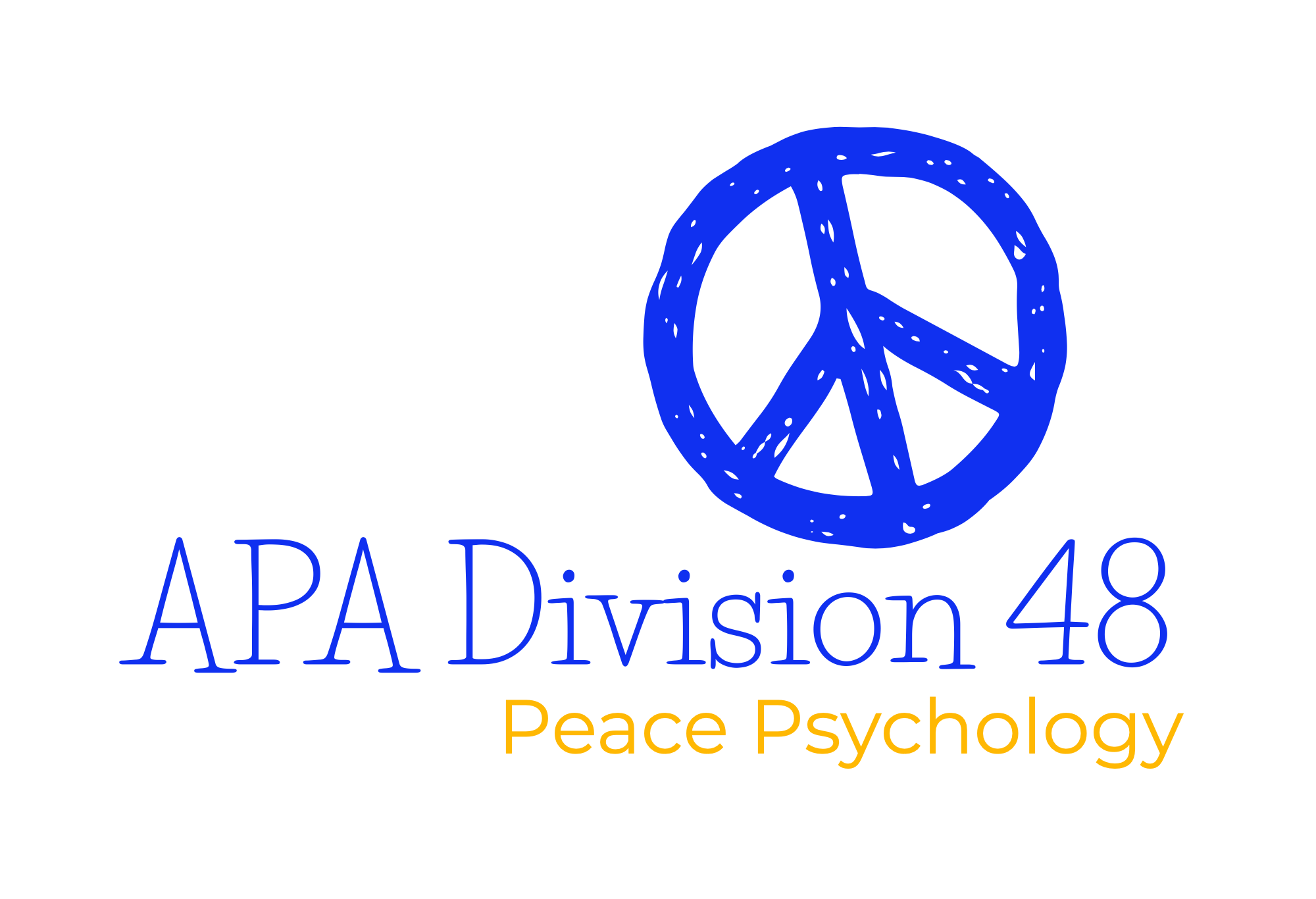Presentation Formats and
Instructions for Authors
Proposal Opportunities and Possibilities
The conference program committee invites scholarly work on peace, conflict and violence and on the related topics of justice and reconciliation. A variety of formats described below will be considered. Non-traditional formats for the presentation of scholarly work are welcome. Diversity of scholarly perspectives, methodologies, and social-cultural contexts is encouraged. The following descriptions and examples are provided to give guidance to authors and to suggest the breadth of topics which will be included in the conference.
Contributions might consider any of the following six contexts where peace, conflict and violence are studied and where peace, justice, and healing are pursued. For each of the six contexts the committee invites multiple types of scholarship —
Types of Scholarship Invited
Empirical research — Qualitative, quantitative, and mixed methods research
Research synthesis — Reviews of literature including quantitative, qualitative, and theory-building reviews
Practice and training — Descriptions and evaluations of intervention or training/teaching programs
Phenomenological perspectives — First-person accounts of peace, conflict, and violence
Work-in-progress — exploratory work and work in progress
Contexts for Peace and Peacemaking
Nation-to-Nation — International relations and global issues
Group-to-Group — Intergroup relations; ethnic groups, sexual minority and religious communities; Northern Ireland; South Sudan
Face-to-Face — Interpersonal relations – family; workplace, neighborhoods, schools
Moral/ethical/philosophical issues in peace psychology
Methodologies — Challenges of multidisciplinary research design in peace psychology
Psychologist as Peacemaker and
Advocate
Four Presentation Formats
To encourage a diverse and creative range of scholarly contributions, there are four distinct presentation formats —
Symposium
Poster
Lecture
Paper or Work in Progress
All submissions will be made via the Psychology & Peace 2020 submissions webpage which will be available November 1. Submissions are due February 2 with notifications by March 2. For more detailed instructions use the links provided with each presentation type listed below.
With the permission of the author, submissions for Psychology & Peace 2020 will be forwarded to the Editor of Peace & Conflict: The Journal of Peace Psychology to be considered for publication in a special conference issue. The submission is subject to the usual blind peer-review procedures of the Journal.
Presentation Formats
Symposium
A symposium is a session in which a topic — problem, issue, or question — is considered by individual speakers who present their perspectives on the topic. Each presentation should provide a different viewpoint or approach to the central topic. Proposals should clearly define the central topic of the symposium and each individual paper should be integrally related to the topic. Submitters should avoid overly general topics and papers that are only loosely connected to a central theme.
Submission instructions
Time: 50 or 110 minutes
Participants: A chair, two to four presenters, and a discussant (optional)
Symposium — Detailed Instructions
Poster
Posters offer the opportunity to present scholarly work and have discussions with interested colleagues. Psychology & Peace 2020 encourages poster submissions so that the project can be discussed in more detail with interested persons and to promote networking and future collaboration.
Submission instructions
Time: Poster sessions are 50 minutes.
Participants: one or two presenters per poster; as many authors as appropriate
Poster — Detailed Instructions
Paper or Work-in-Progress
Papers are the oral presentation of one or more very closely related studies which reflect empirical research or research synthesis. While the paper presentation format offers limited opportunity for interaction with the audience, it may be desirable when ideas require more structured or sequential explanation than that offered by a poster.
Submission instructions
Time: 25 minutes
Participants: one presenter per paper; as many authors as appropriate
Paper — Detailed Instructions
Work-in-progress (WiP) presentations may include a project at any stage of completion from topic selection to data interpretation. WiP will be highly interactive sessions led by experienced researchers. WIP sessions have three purposes — (1) to share up-to-the-minute work, (2) provide opportunities for researchers to ask for feedback on their work, and (3) for participants to develop ideas for future proposals and collaborations.
Submission instructions
Participants: one presenter per paper; as many authors as appropriate
Work-in-Progress — Detailed Instructions
Lecture
A lecture is a presentation that describes the current status of a topic — an issue, problem, or question. The lecture presentation may include the history of the topic, theoretical perspectives, methodology, currently accepted principles or research findings, and opportunities for future application and research. The purpose of a lecture is to provide the audience with an introduction or current status report on the topic and its potential for application and future research.
Submission instructions
Time: 50 minutes
Participants: an individual presenter; may have co-authors
Lecture — Detailed Instructions

